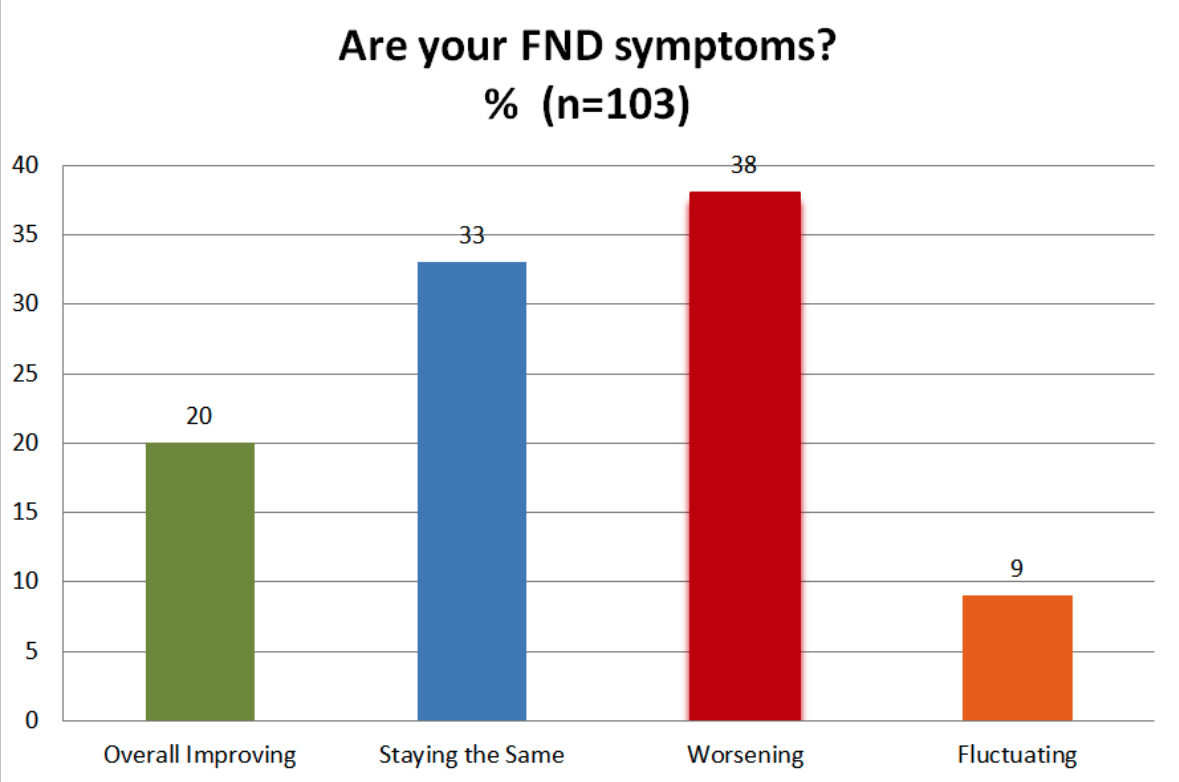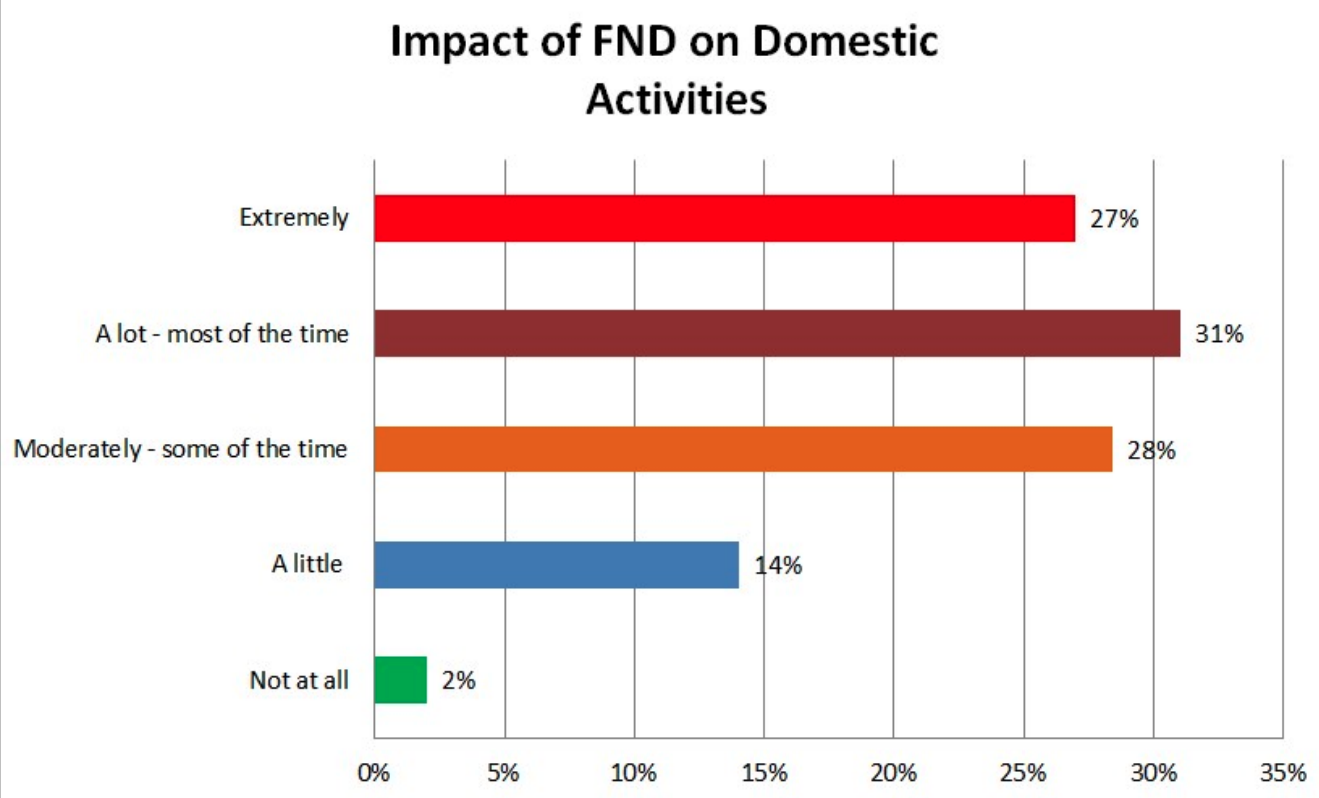Lack of Awareness of Functional Neurological Disorder in Medical Circles
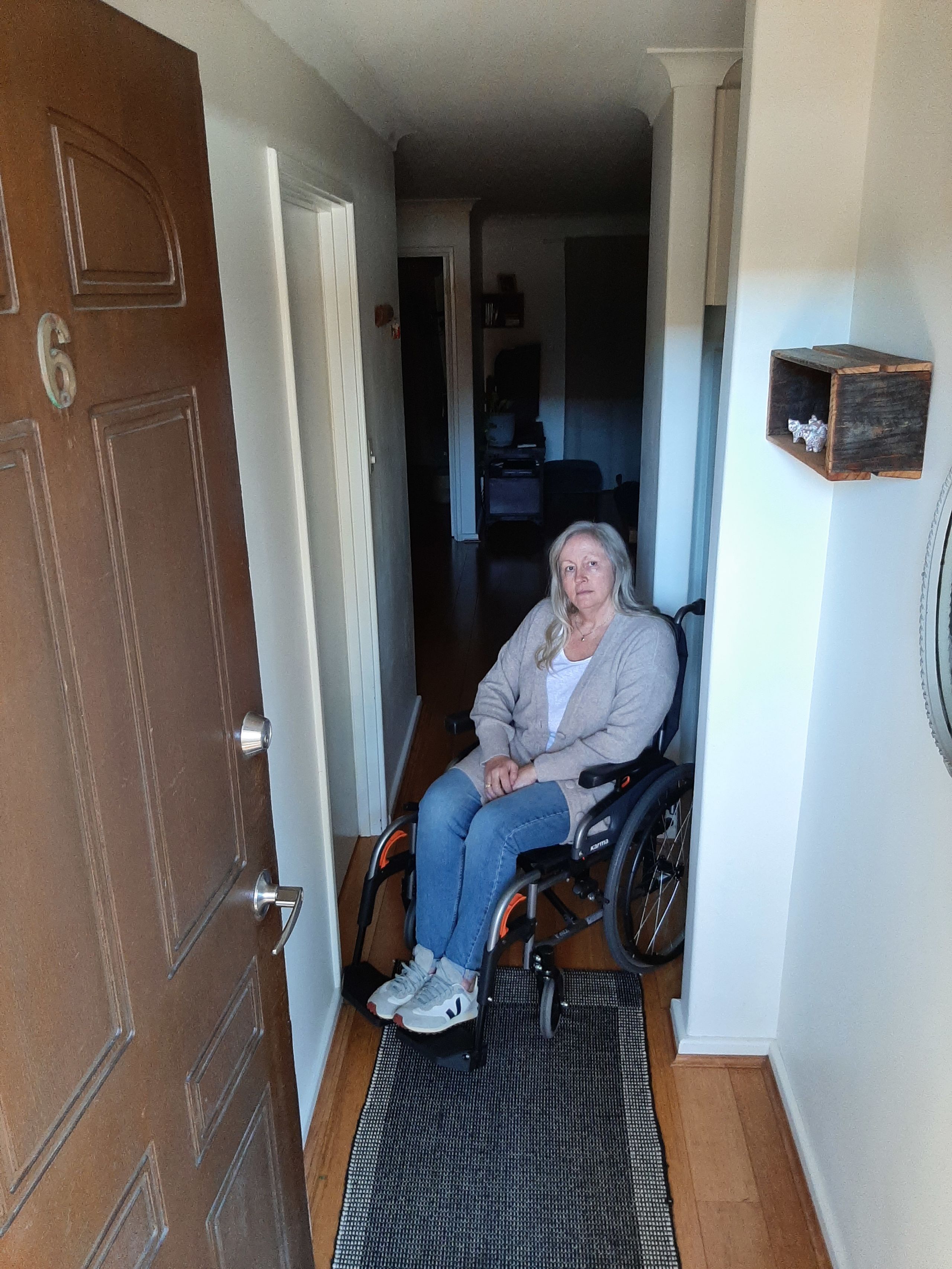
A push to prevent patients becoming permanently disabled and reduce healthcare costs continues after Thursday's Australian Awareness Day for Functional Neurological Disorder (FND).
FND Australia Support Services President Dr Katherine Gill said FND is a misunderstood condition with severely disabling symptoms.
Symptoms include “inability to walk, gait disorder, paralysis, tremors, abnormal movements ... a number of people will experience prolonged seizures [and] people might lose their vision [or] lose their hearing,” Dr Gill said.
Ms Claire Welch, who waited four years after being hospitalised for debilitating FND symptoms to receive her diagnosis, lost her full-time job and can no longer drive due to her seizures.
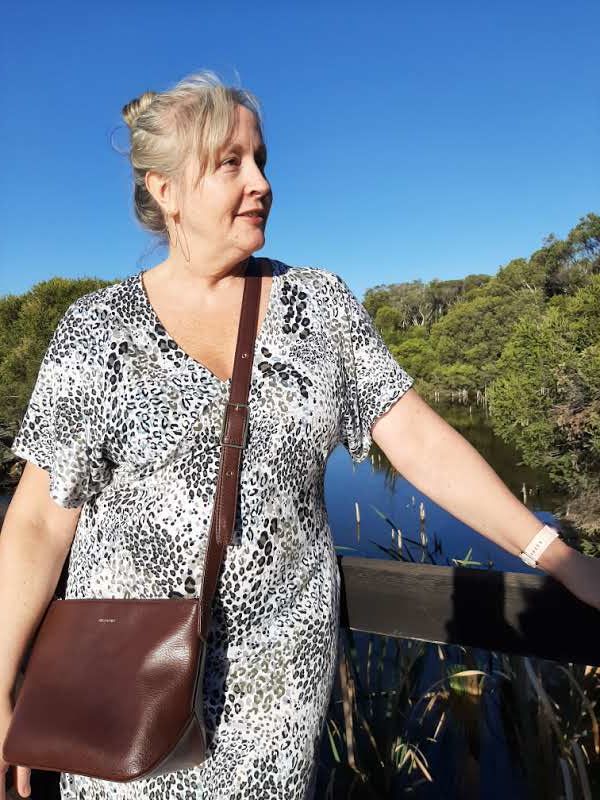
Ms Welch during a respite from her symptoms.
Ms Welch during a respite from her symptoms.
“A young doctor came to me and said, if you walked in here in 20 years time we’d probably know exactly what was going on and would be able to treat you straight away,” Ms Welch said.
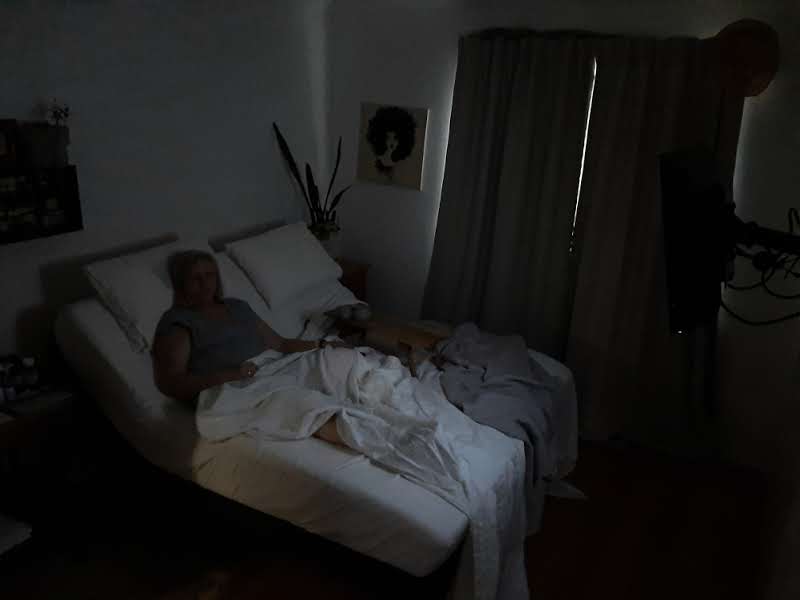
Ms Welch during a culmination of symptoms, bedridden and light sensitive.
Ms Welch during a culmination of symptoms, bedridden and light sensitive.
Mr Ben Hart, also living with FND, has spent up to five weeks in a dark room due to photophobia and was originally misdiagnosed.
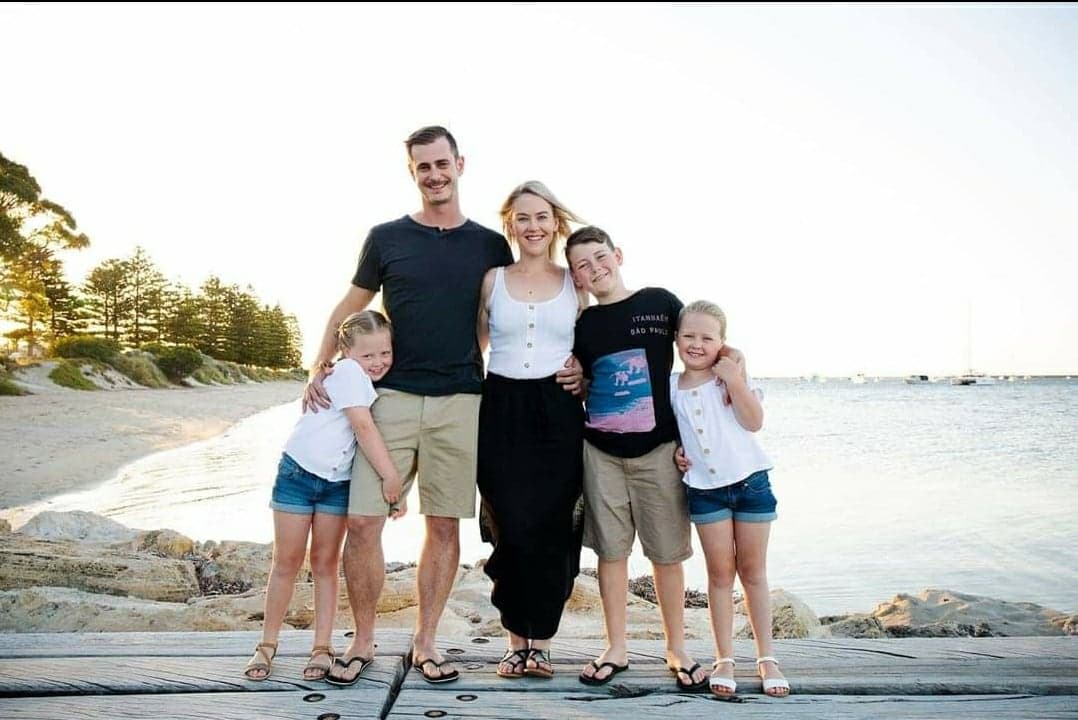
Mr Hart on a short walk with his family. Image supplied by Mr Hart.
Mr Hart on a short walk with his family. Image supplied by Mr Hart.
“When I was diagnosed in hospital, no person except a neurologist had ever heard of it, like nurses, nothing. So, they were like how do we help you?” Mr Hart said.
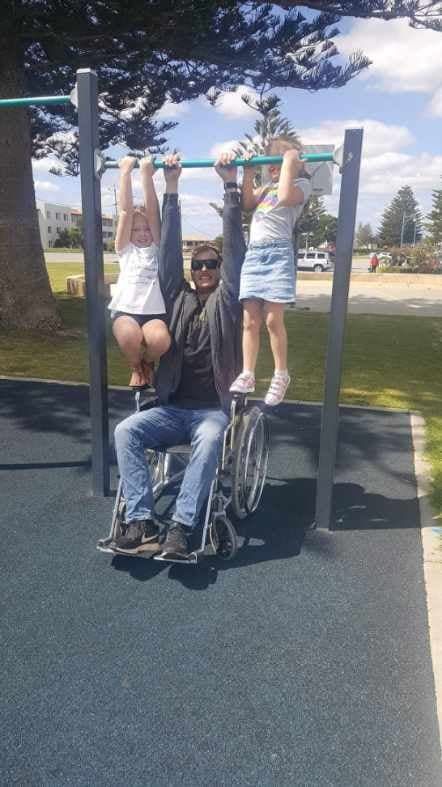
Mr Hart relying on his wheelchair for a family day out. Supplied by Mr Hart.
Mr Hart relying on his wheelchair for a family day out. Supplied by Mr Hart.
Dr Gill also said the condition is the second most common reason for people to see a neurologist.
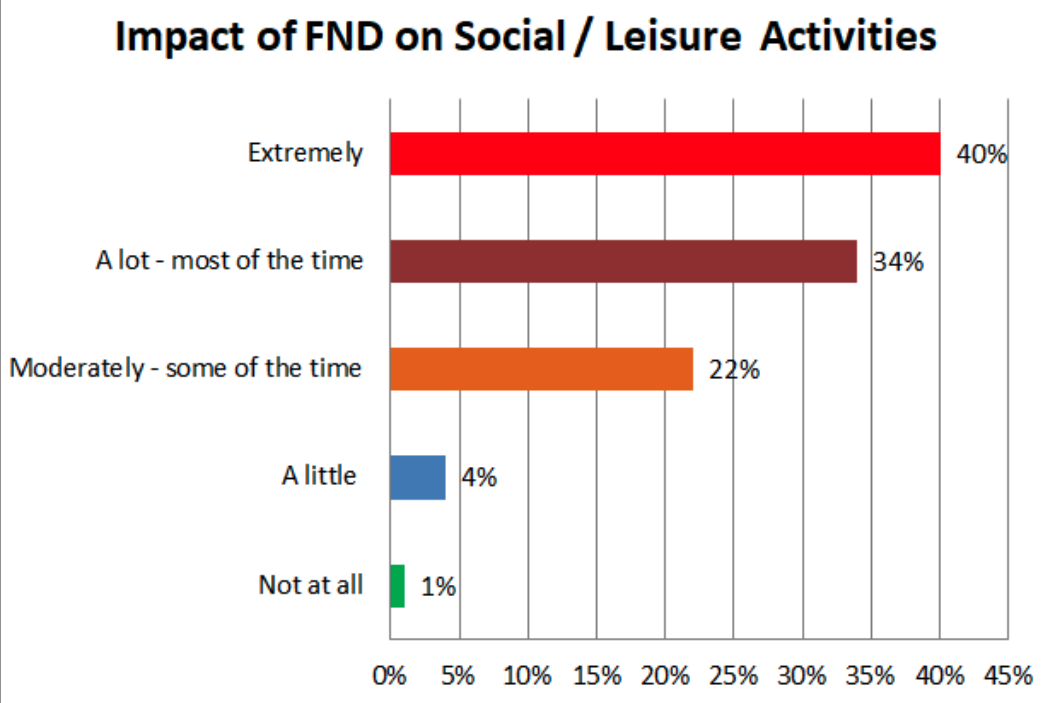
Gill, 2019
Gill, 2019
She said due to a lack of awareness in medical circles and professionals assuming “that’s the responsibility of someone else’, patients aren’t getting early diagnosis and treatment.
Gill, 2019. Click on image to locate original source.
Gill, 2019. Click on image to locate original source.
Without this, people with FND like Ms Welch and Mr Hart rely on the NDIS, support workers and expensive equipment, which costs the taxpayers even though, according to Dr Gill, it’s preventable.
Dr Gill, 2019. Click on image to locate original source.
Dr Gill, 2019. Click on image to locate original source.
“Because there's no structural damage to the nervous system, they say people with FND retain the potential … to recover because there is no structural damage,” Dr Gill said.
“Its really got the greatest potential for recovery of any neurological condition. And yet it's the least treated and the least known about,” she said.
To tackle this pattern that’s detrimental to patients, their loved ones, and the nation, the FND Awareness Day is raising awareness and delivering current information via social media.
A book from Deanne Wenn Mayne about living with FND. Click for more.
A book from Deanne Wenn Mayne about living with FND. Click for more.
Dr Gill hopes that more organisations come together to address this issue.
Both the Australian and New Zealand Association of Neurologists and the Royal Australian and New Zealand College of Psychiatrists have yet to respond.
Disclosure Statement: Claire Welch is the mother of the reporter.

